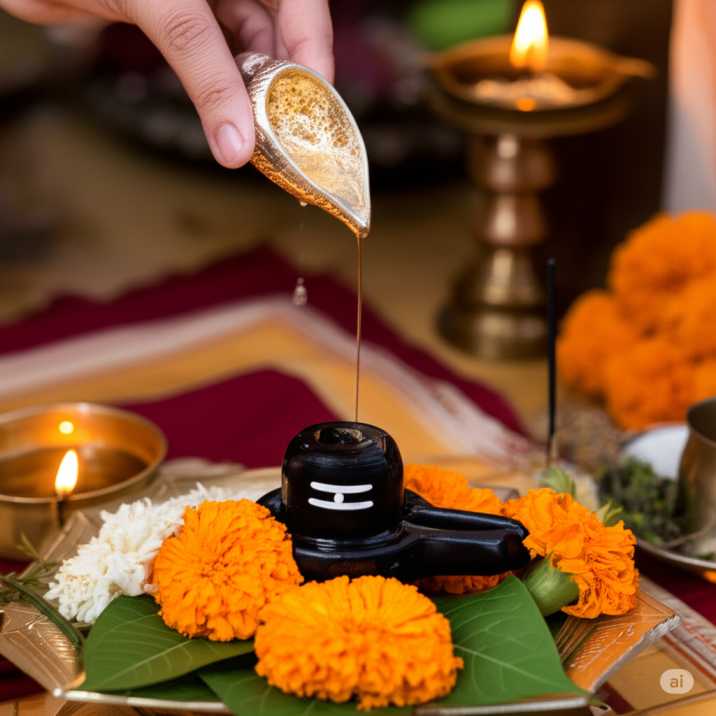Sandalwood, known as Chandan in Sanskrit, has been an essential part of Hindu religious and spiritual practices for centuries. Its sacred fragrance, cooling effect, and purifying qualities make it highly revered in rituals, pujas, and meditation.
Spiritual Significance of Chandan in Hinduism
1. A Symbol of Purity and Devotion
Chandan is considered a symbol of purity. It is often applied as a tilak on the forehead to awaken spiritual awareness and enhance concentration during prayers. Many Hindu saints, yogis, and devotees use sandalwood paste to connect with divine energy.
2. Enhances Focus and Meditation
The soothing aroma of sandalwood is believed to calm the mind, reduce stress, and enhance focus. It is widely used in meditation and religious ceremonies to create a peaceful and sacred atmosphere.
3. A Sacred Offering to Deities
Sandalwood paste is applied to Hindu gods and goddesses as an offering of devotion. It is commonly used in temples for deities like Lord Vishnu, Lord Shiva, and Goddess Lakshmi, signifying divine blessings and purity.

How Chandan is Used in Hindu Rituals
1. Tilak and Pooja Rituals
Devotees apply Chandan tilak on their foreheads during pujas and temple visits, signifying spiritual awakening and divine blessings. The paste is also applied to deity idols before worship.
2. Havan and Yagna Ceremonies
In havan (fire rituals), Chandan powder is added to the sacred fire as an offering to deities. The fragrance purifies the environment and is believed to attract divine energy.
3. Ayurvedic and Healing Uses
Beyond religious rituals, Chandan is used in Ayurveda for its cooling and healing properties. It helps reduce stress, improves skin health, and enhances mental clarity.
Conclusion
Chandan is much more than a fragrant wood; it is deeply connected to Hindu spirituality and healing traditions. Whether applied as a tilak, offered in prayers, or used in meditation, sandalwood plays a significant role in enhancing one’s spiritual journey.







